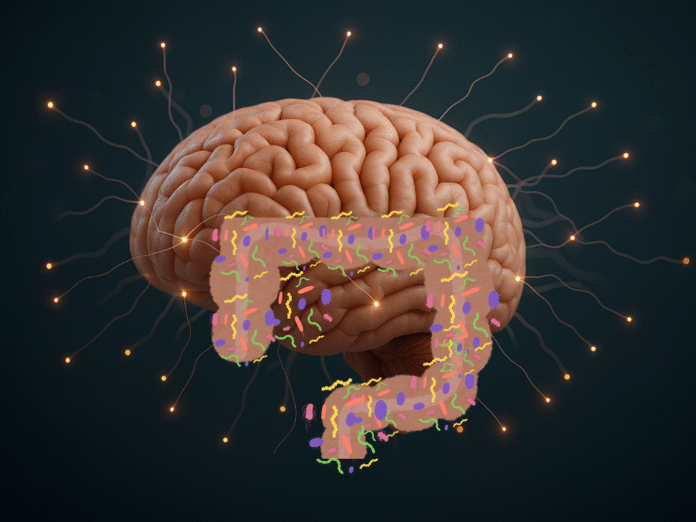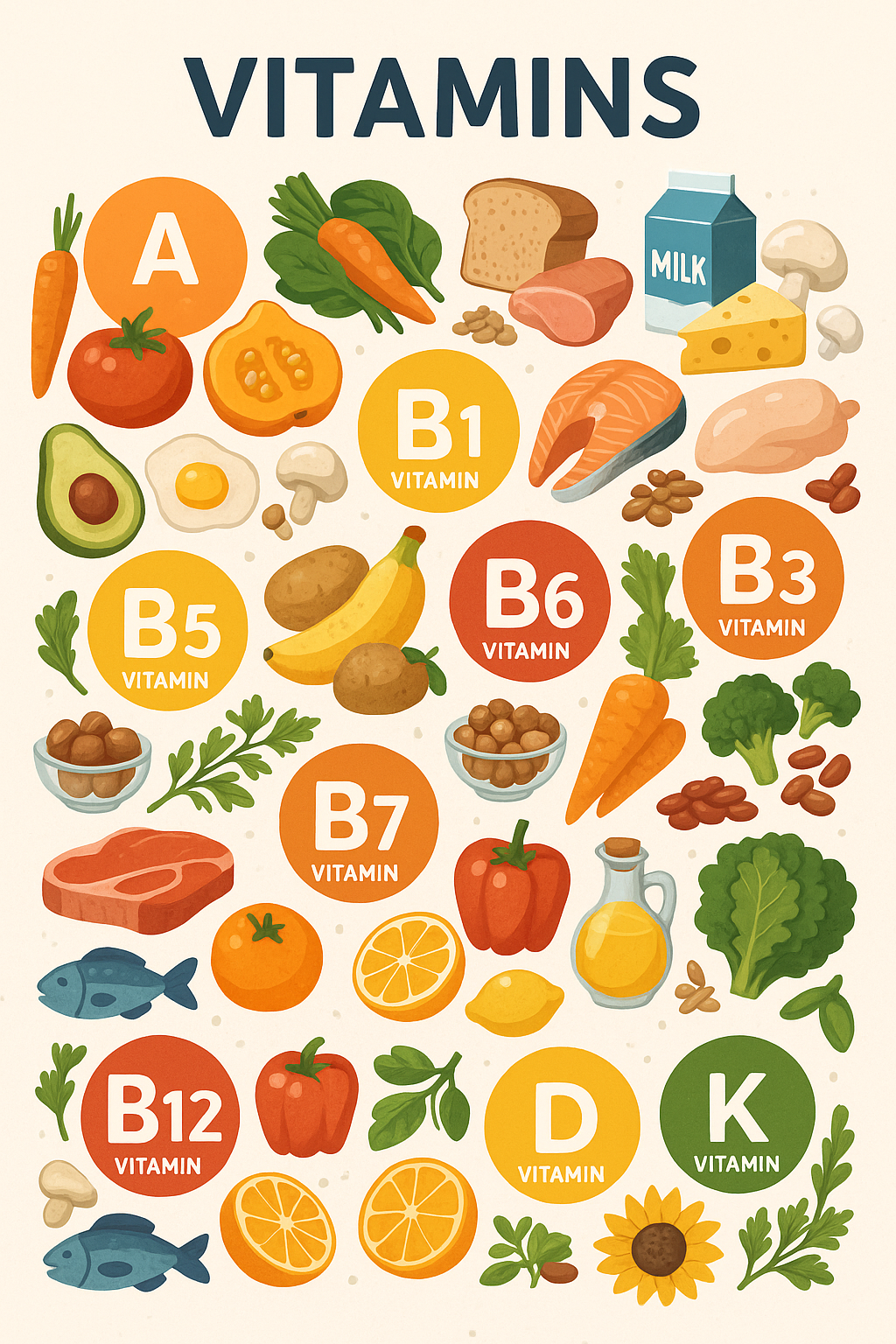Owing to its extensive surface area, the gastrointestinal tract accommodate trillions of microorganisms belonging to numerous species and genera. These microbes, called gut microbiota, not only affects gut functions but also many other body organs, including brain. Gut microbiota moderates the synthesis and function of neurotransmitters. Therefore, any alteration in the composition of gut microbiota (known as dysbiosis) or any disruption in their function is associated with mental disorders, such as schizophrenia, anxiety and depression.
Gut Microorganisms and Neurotransmission
Dopamine, a neurotransmitter, produced in both central and peripheral nervous systems has numerous functions. It is essential for excitement, mobility, mood, fast decisions and learning. Some gut microorganisms have been found to increase of dopamine in brain. In a human trial, intake of Lactobacillus plantarum for 12 weeks decreased stress and anxiety in stressed individuals by increasing dopamine. Some studies also suggested that dysbiosis can contribute to insomnia by affecting the production of serotonin, a neurotransmitter which regulate sleep. In fact, a bidirectional relationship between gut microbiome and sleep creates a potential cycle of dysbiosis and insomnia as poor sleep lead to stress which can alter the gut microbiome, conversely changes in gut microbiome affect sleep patterns. A cohort of young major depressive disorder patients was found to have an increased abundance of Neisseria spp. compared to control while treatment with lactobacilli decreased depression and anxiety.
Gut Microorganisms as Psychobiotics
The gut microbiome has also been linked to the behavioural improvement in patients suffering from schizophrenia. A human trial study demonstrated that probiotic containing Lactobacillus acidophilus and Bifidobacterium lactis, Bifidobacterium bifidum, improved clinical symptoms in patients with chronic schizophrenia. The association of the gut microbiome with mental disorders lead to non-pharmaceutical approach of “psychobiotics” which constitute probiotics (live organisms with therapeutic effects) and prebiotics (food used by probiotics in the colon) to promote health benefits of gut microbiome.
Conclusion
Diet is the main factor responsible for composition of gut microbiota. It is evident from studies that animal-based diet increased bile-tolerant microorganisms and decreased the levels of microbes that are responsible for metabolizing plant polysaccharides. Therefore, to promote healthy gut microbiota, dietary fiber rich plant-based diet including fruits, vegetables, whole grains, legumes, nuts, vitamins, minerals, and fermented foods like yogurt, kefir, sauerkraut, kimchi are highly recommended.
For Further Readings
- The Brief Assessment of Cognition in Schizophrenia: reliability, sensitivity, and comparison with a standard neurocognitive battery
- Probiotics and the gut microbiota in intestinal health and disease
- Probiotics and prebiotics in intestinal health and disease: from biology to the clinic
- The role of the gut-brain axis in depression: endocrine, neural, and immune pathways




